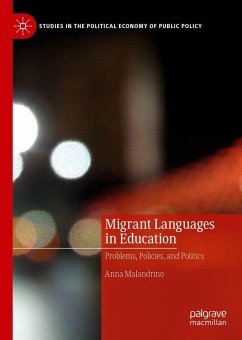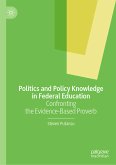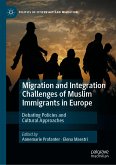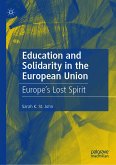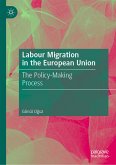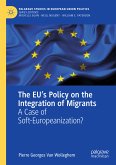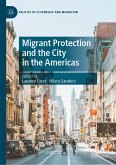This book examines language education policy in European migrant-hosting countries. By applying the Multiple Streams Framework to detailed case studies on Austria and Italy, it sheds light on the factors and processes that innovate education policy. The book illustrates an education policy design that values language diversity and inclusion, and compares underlying policymaking processes with less innovative experiences. Combining empirical analysis and qualitative research methods, it assesses the ways in which language is intrinsically linked to identity and political power within societies, and how language policy and migration might become a firmer part of European policy agendas. Sitting at the intersection between policy studies, language education studies and integration studies, the book offers recommendations for how education policy can promote a more inclusive society. It will appeal to scholars, practitioners and students who have an interest inpolicymaking, education policy and migrant integration.
Anna Malandrino is a Postdoctoral Researcher at the University of Bologna, Italy, and collaborates with the University of Bern, Switzerland. She was previously a Visiting Scholar at the Center for European Studies, Harvard University, USA. She has published on diverse topics including public procurement, administrative cooperation, policy processes, policy learning, crisis management, evidence-based policy and education policy.
Dieser Download kann aus rechtlichen Gründen nur mit Rechnungsadresse in A, B, BG, CY, CZ, D, DK, EW, E, FIN, F, GR, HR, H, IRL, I, LT, L, LR, M, NL, PL, P, R, S, SLO, SK ausgeliefert werden.

